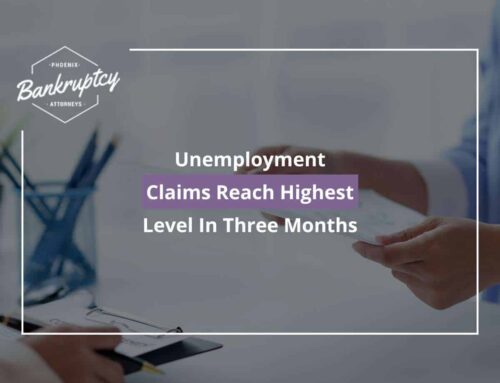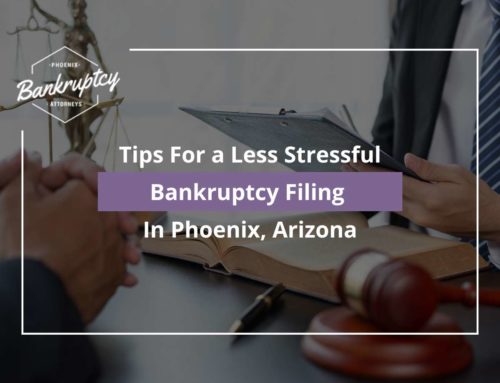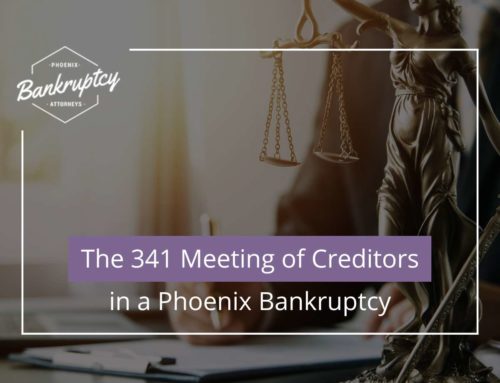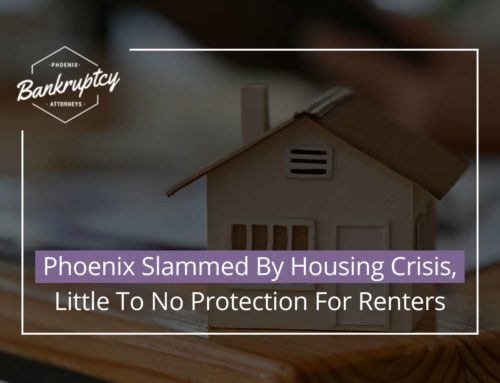How To Protect Yourself Against Creditor Harassment In Arizona
If you’re struggling with debt, you probably don’t answer phone calls from numbers that you don’t recognize. Constant creditor harassment can be annoying, embarrassing, and cause you to miss other important calls. The circumstances that caused you to fall into debt may be out of your control, and creditors can make you feel guilty and stressed. Your creditors don’t care about your personal situation, and only want payment from you. As much as your creditors call, it won’t make money in your bank account appear so you can pay. So what can you do to get the harassment to stop?
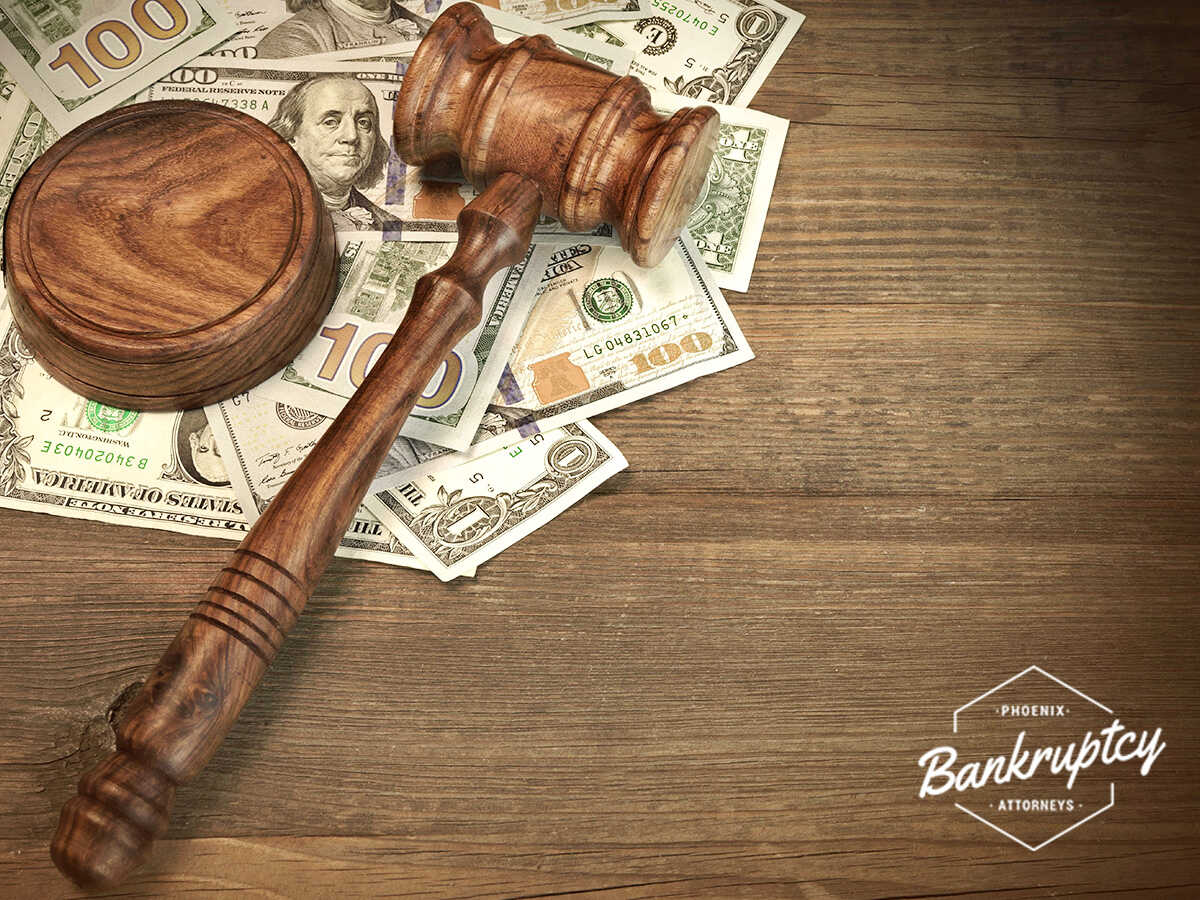
Can Filing Bankruptcy In Phoenix, AZ Stop Creditors From Harassing Me?
One of the benefits of filing bankruptcy is it automatically activates the Automatic Stay. This freezes your assets to protect them from repossession, foreclosure, and garnishment. All of the creditors on your creditor mailing matrix will be notified that they can’t proceed with collection due to your active bankruptcy. Once your petition is filed, all properly notified creditors must cease all forms of collection and harassment.
What Is Creditor Harassment?
Creditor harassment can take many forms, but is any incessant form of collection attempts. Creditors must abide by the Fair Debt Collection Practices Act, or the FDCPA. Lies, threats of jail time, calls outside of normal business hours, and similar conduct are all banned under the FDCPA. Even when following the FDCPA, constant creditor calls can be bothersome and interfere with your daily life.
Types Of Creditor Harassment
-
Calls To Your Home
When you’re in debt, creditors will constantly tie up your landline and personal cell phone with attempts to get payment.
-
Calls To Your Work
Your creditors may track down your employer information and call your job. This is embarrassing, and could potentially put your source of income at risk.
-
Calls To Friends and Relatives
Your creditors may even track down the contact information for your cosigners and family members to try to seek repayment.
-
Letters & Certified Letters
Phone calls aren’t creditors only available method of seeking payment. Incessant letters from your creditors are annoying and damaging to the environment.
-
Threats of Repossession, Garnishment, etc.
Your creditors aren’t just going to foreclose your home, repossess your vehicle, or garnish your wages overnight. All of these collection methods are processes, and your creditors will likely threaten to initiate them several times before they actually do.
How Can I Stop Creditor Harassment?
Even if bankruptcy isn’t a good option for you, you still want to stop or at least reduce creditor harassment. You have a few other courses of action if you are disqualified from bankruptcy due to income, prior filings, etc. Making payments is one way to get your creditors to stop calling. However, that might not be possible.
One step you can take to fight creditor harassment is to write letters to your creditors requesting they stop calling. Per the FDCPA, you can report creditors that don’t comply to the Federal Trade Commission. You will need to notify each creditor individually, and it won’t do anything to clear the debts. When you file bankruptcy, all the creditors on your mailing matrix are notified at once, and debts are discharged at the end of your case.
You should document further harassment from your creditors, noting names, phone numbers, and any other relevant information you obtain from the call. This is especially true if your creditors are violating the FDCPA by saying you will go to jail, using obscene language, calling outside of normal business hours, etc. You may even have grounds for a lawsuit if the harassment continues.
Steps to Stopping Creditor Harassment
Filing bankruptcy is your strongest protection against creditor harassment. Not only are your creditors restricted from attempting to get you to pay, but your debts are discharged after successful completion of your case.
In general, the steps to filing bankruptcy are as follows:
-
Figure Out Your Income Level
This is simpler for salaried employees- you must average your income over the past 6 months. If that number is less than your state median income for your family size, you qualify for Chapter 7. Your Chapter 13 payment plan would also last 3 years. If you make more, you will need to pass the Means Test, and your Chapter 13 would last 5 years.
-
Conduct Your Means Test
This deducts mandatory expenses from your monthly income to find your disposable monthly income. It may qualify you for Chapter 7, and is used to calculate how much your payments will be in Chapter 13.
-
Take Your Credit Counseling Course
You will need to take one course before your petition is filed. You will also need to take a second course within 60 days of your 341 Meeting of Creditors.
-
Draft And File Your Petition And Creditor Mailing Matrix
It’s vital that these are done correctly so that all your creditors are notified and there aren’t any issues in your case. You could face hurdles like extra fees, asset seizures, and case dismissal.
-
Attend Your 341 Meeting Of Creditors
Your bankruptcy trustee will ask questions about your case, and your creditors may as well. You will then have 60 days after the hearing to complete your second credit counseling course and file your completion certificate with the court.
-
Wait For Discharge
Your Chapter 7 bankruptcy is eligible for discharge 60 days after your 341 Meeting of Creditors. You must complete your payment plan- either 3 or 5 years- if you file Chapter 13.
Creditor Harassment Stops After Filing For Bankruptcy
All creditor harassment must stop when your bankruptcy petition is filed, regardless of if you hire an attorney or represent yourself. One benefit of doing it with an attorney is that once you inform your creditors that you have retained a bankruptcy attorney, they must stop calling immediately. If you are strategically waiting to file your case, this protection can be even more valuable. Your attorney will also make sure that your petition and creditor mailing matrix are accurate, assist you with gathering documents, and attend your 341 Meeting of Creditors with you. An experienced bankruptcy attorney’s advice through the process will make sure that your debts are discharged as efficiently as possible.
Seeking Debt Relief For a Fresh Start? Contact Our Phoenix Bankruptcy Attorneys
The moment you sign on with our Phoenix bankruptcy firm, you have the sense of relief knowing your creditors can no longer call to harass you. Our proficient staff and attorneys will be with you every step of the way- bankruptcy is debt relief, and shouldn’t be an overly stressful process. We offer affordable rates and payment plan options to qualified clients. To learn more about the options available to you, contact us today to schedule your free consultation at (480) 833-8000.
PHOENIX BANKRUPTCY ATTORNEYS

